Discover Nigerian Music Legends: Fela Kuti, Oliver De Coque, and Majek Fashek
Chief Oliver Sunday Akanite, popularly known as Oliver De Coque, was a Nigerian highlife musician and guitarist. Here are key points about Oliver De Coque:
- Birth: Oliver De Coque was born on April 14, 1947, in Ezinifite, a town in Anambra State, Nigeria.
- Highlife Musician: He became one of Nigeria’s most prolific and celebrated highlife musicians. Highlife is a music genre that originated in West Africa, and Oliver De Coque played a significant role in popularizing it.
- Stage Name: He adopted the stage name “Oliver De Coque” inspired by the French comic book character “Tintin,” specifically the character Captain Haddock, who often used the expression “C’est la vie, de coque!”
- Musical Style: Oliver De Coque was known for his unique style of highlife music, incorporating elements of traditional Igbo music, jùjú music, and makossa. His music was characterized by intricate guitar work and socially relevant lyrics.
- Albums and Hits: He released numerous albums during his career. One of his most popular songs is “People’s Club of Nigeria.” Other notable tracks include “Biri Ka Mbiri,” “Identity,” and “Ogene Sound Super Of Africa.”
- Recognition: Oliver De Coque received several awards for his contributions to music. He was a recipient of the Grand Prix du Disque award in Paris.
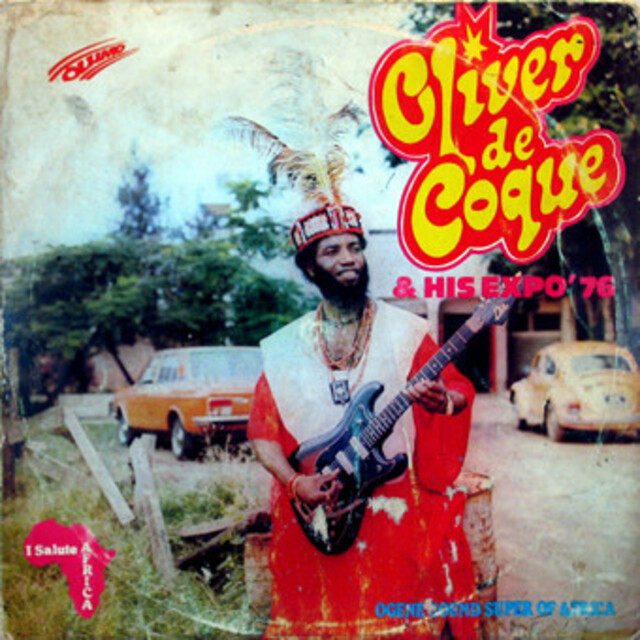
- Political Engagement: Apart from his music, Oliver De Coque was known for his involvement in Nigerian politics. He ran for political office, seeking a seat in the Nigerian House of Representatives.
- Legacy: Oliver De Coque’s impact on the highlife music genre and Nigerian music, in general, is lasting. His influence can be heard in the works of subsequent generations of musicians.
- Death: Oliver De Coque passed away on June 20, 2008, at the age of 61. His death was a significant loss to the Nigerian music scene, but his legacy continues through his recorded works.
- Instrumentation: As a guitarist, Oliver De Coque was renowned for his skillful and virtuosic playing. His mastery of the guitar contributed to the richness of his musical arrangements.
Oliver De Coque’s music remains a cherished part of Nigeria’s musical heritage, and his contributions to the highlife genre continue to be celebrated by fans and fellow musicians alike.
Meet Nigeria’s Legendary Reggae Artist Majek Fashek
Majekodunmi Fasheke, popularly known as Majek Fashek (1963–2020), was a Nigerian reggae musician and songwriter. He gained international recognition for his powerful vocals, socially conscious lyrics, and contributions to the reggae genre. Here are key points about Majek Fashek:
- Early Life: Majek Fashek was born on March 7, 1963, in Benin City, Edo State, Nigeria. His birth name, Majekodunmi, means “I will always be strong” in Yoruba.
- Musical Career: Majek Fashek’s musical journey began in the 1980s when he played with the group Jastix. He gained prominence as a solo artist with his debut album, “Prisoner of Conscience” (1988), which included the hit song “Send Down the Rain.” The album was a critical and commercial success.
- “Send Down the Rain”: The song “Send Down the Rain” became a major anthem and earned Majek Fashek several awards. It addressed socio-political issues and called for positive change in Nigeria.
- International Recognition: Majek Fashek’s unique style and soulful voice brought him international acclaim. He was often compared to legendary reggae artists like Bob Marley.

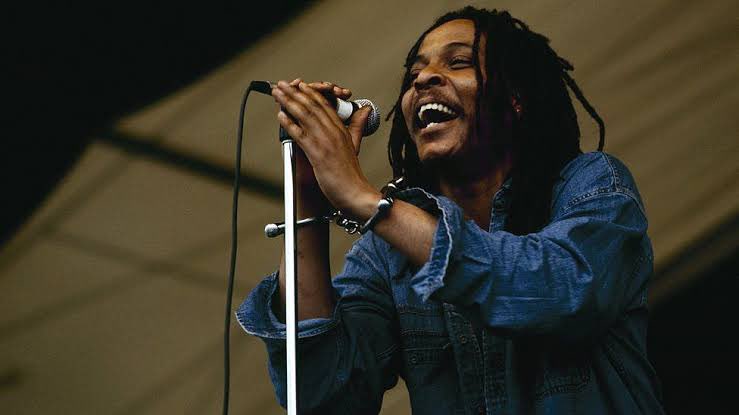
- Struggles with Addiction: Despite his musical success, Majek Fashek faced personal challenges, including struggles with substance abuse. His addiction affected his career, leading to periods of hiatus.
- Comeback Attempts: Over the years, Majek Fashek made several comeback attempts and released albums, but the challenges persisted. His later works include albums like “Little Patience” (1994) and “Spirit of Love” (2014).
- Collaborations: Majek Fashek collaborated with various artists, both Nigerian and international. Notably, he worked with Tracy Chapman on the song “Freedom Child” for the anti-apartheid album “Red Hot + Blue.”
- Health Issues: In later years, Majek Fashek’s health declined, partly due to his struggles with addiction. There were efforts by friends and well-wishers to support his rehabilitation.
- Death: Majek Fashek passed away on June 1, 2020, in New York City, USA. His death was attributed to complications from esophageal cancer.
- Legacy: Majek Fashek is remembered for his contribution to Nigerian music, especially in popularizing reggae. His impact on the music scene and his messages of social consciousness continue to influence artists and fans.
Fela Kuti and The New Africa Shrine
Fela Anikulapo Kuti (1938–1997) was a Nigerian musician, composer, and political activist. He is widely regarded as the pioneer of Afrobeat, a genre that blends traditional African rhythms with jazz, highlife, and funk elements. Fela’s music often carried strong socio-political messages, addressing issues such as corruption, oppression, and inequality.
Key points about Fela Anikulapo Kuti:
- Early Life: Fela was born on October 15, 1938, in Abeokuta, Nigeria, into a middle-class family. His mother, Funmilayo Ransome-Kuti, was a prominent women’s rights activist, and his father, Israel Oludotun Ransome-Kuti, was a Protestant minister and teacher.
- Musical Career: Fela began his music career in the late 1950s as a highlife and jazz musician. In the 1960s, he traveled to London to study music and was exposed to the Black Power movement. He later formed the band Africa ’70, and his music evolved into the revolutionary Afrobeat genre.
- Afrobeat: Afrobeat is characterized by its fusion of various musical styles, extensive use of horns and percussion, and socially conscious lyrics. Fela’s songs often criticized the Nigerian government, and he used his music as a tool for activism and political commentary.
- Kalakuta Republic: In the 1970s, Fela established the Kalakuta Republic, a commune and recording studio in Lagos. The compound became a gathering place for political activists and artists, but it also drew the ire of the Nigerian government. In 1977, the military raided the Kalakuta Republic, leading to the death of Fela’s mother and severe beatings of Fela and his associates.
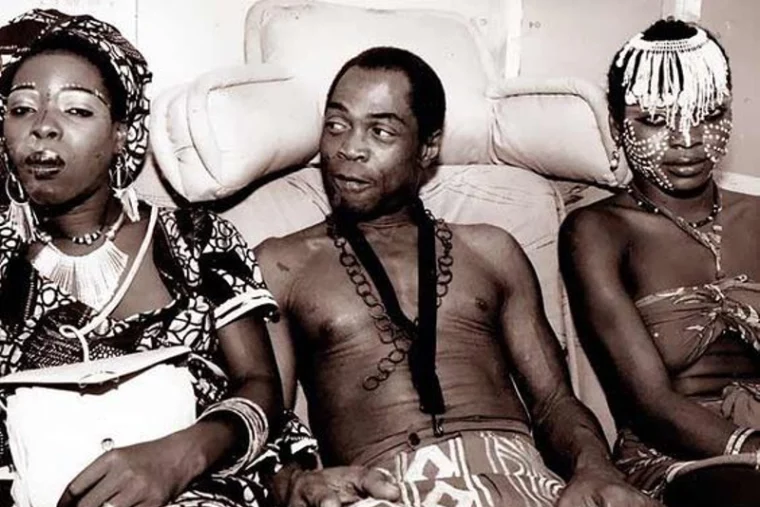
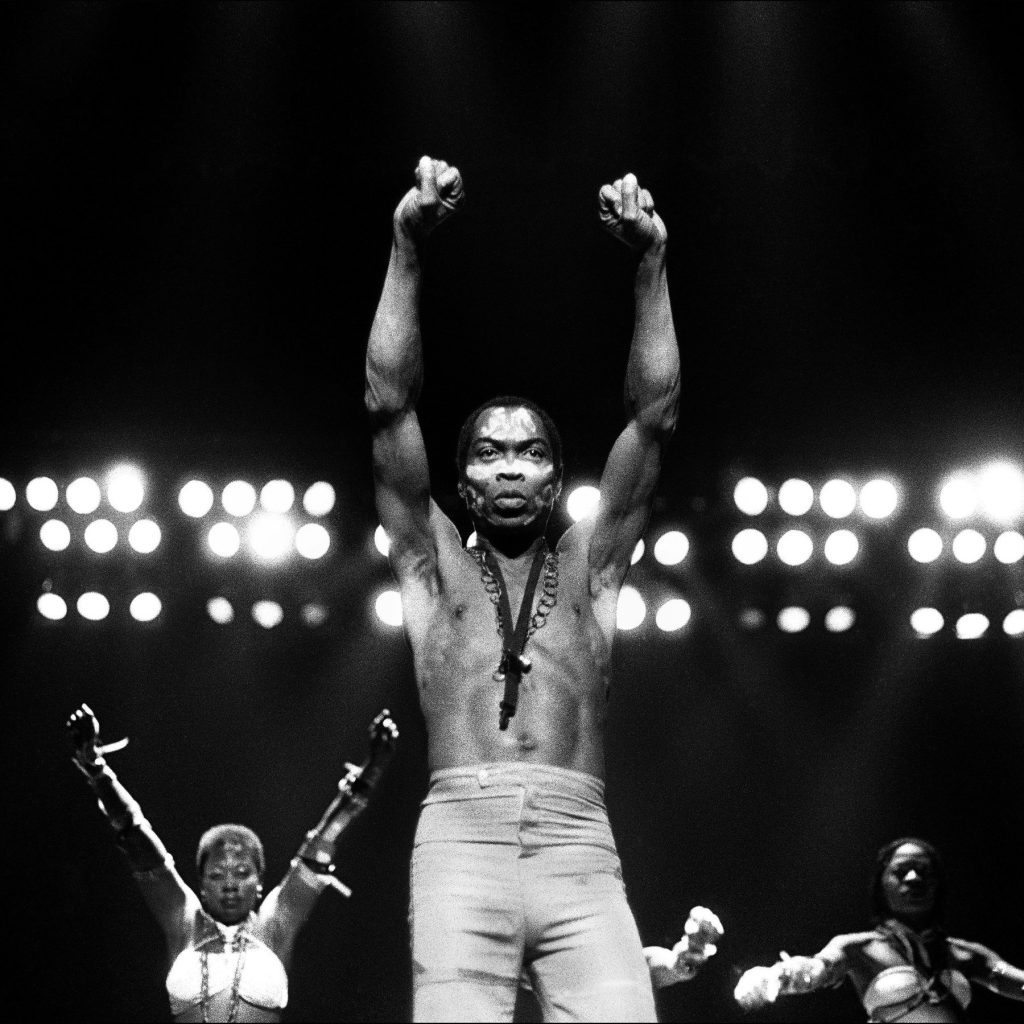
- Activism: Fela was a vocal critic of Nigeria’s military regimes and corruption. He ran for the presidency of Nigeria in 1979 as the candidate of the Movement of the People party but was not successful. His song “Zombie” directly criticized the military.
- Personal Life: Fela was known for his unconventional lifestyle. He married multiple women simultaneously, and his marriages were often surrounded by controversy. His music and lifestyle made him a countercultural figure.
- Legacy: Fela’s impact on music and activism is enduring. His influence can be heard in the works of many contemporary artists. The Broadway musical “Fela!” celebrates his life and music. Fela’s son, Femi Kuti, and grandson, Made Kuti, have also become successful musicians.
- Death: Fela Anikulapo Kuti passed away on August 2, 1997, from complications related to AIDS. Despite his death, his music and legacy continue to inspire and resonate globally.
The New Africa Shrine – Its Significance, Cultural and Historical Importance
The New Africa Shrine holds a significant cultural and historical importance, particularly in the context of Afrobeat music and the legacy of Fela Anikulapo Kuti. Here’s a more detailed history and overview:
History of New Africa Shrine:
- Founding: The New Africa Shrine was built in 1970 by Fela Anikulapo Kuti, a legendary Nigerian musician, and political activist. It was conceived as a replacement for the original Africa Shrine, which was burnt down in 1977 during a government raid on Fela’s Kalakuta Republic (a communal compound).
- Purpose: The shrine served as a cultural and political hub where Fela could freely express his views on social and political issues through his music. Fela was known for his advocacy of human rights, freedom of speech, and his criticism of corruption and oppression.
- Musical Significance: The New Africa Shrine became the epicenter of Afrobeat, a genre of music that fuses traditional African rhythms with jazz, highlife, and funk elements. Fela and his band, Africa ’70, regularly performed at the shrine, attracting both local and international audiences.
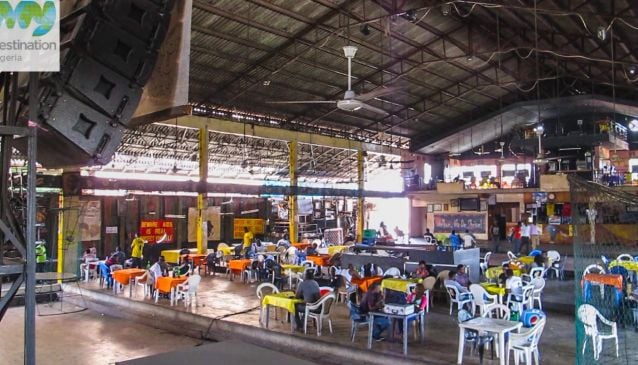
Features and Activities at New Africa Shrine:
- Performances: The shrine hosts a variety of musicians, continuing the tradition of live performances. It is a venue where artists, both established and emerging, can showcase their talents in the spirit of Afrobeat.
- Indoor Games: Visitors can engage in indoor games such as snooker, providing additional entertainment options.
- Culinary Delights: The New Africa Shrine offers a taste of Nigerian cuisine, with options like pepper soup and asun, a spicy grilled meat dish.
- Art Exhibitions: The shrine often features art exhibitions, providing a platform for artists to showcase their works.
Security/Safety:
- The description indicates that the New Africa Shrine is considered a very safe location. However, it’s always advisable for visitors to be aware of their surroundings and take general safety precautions.
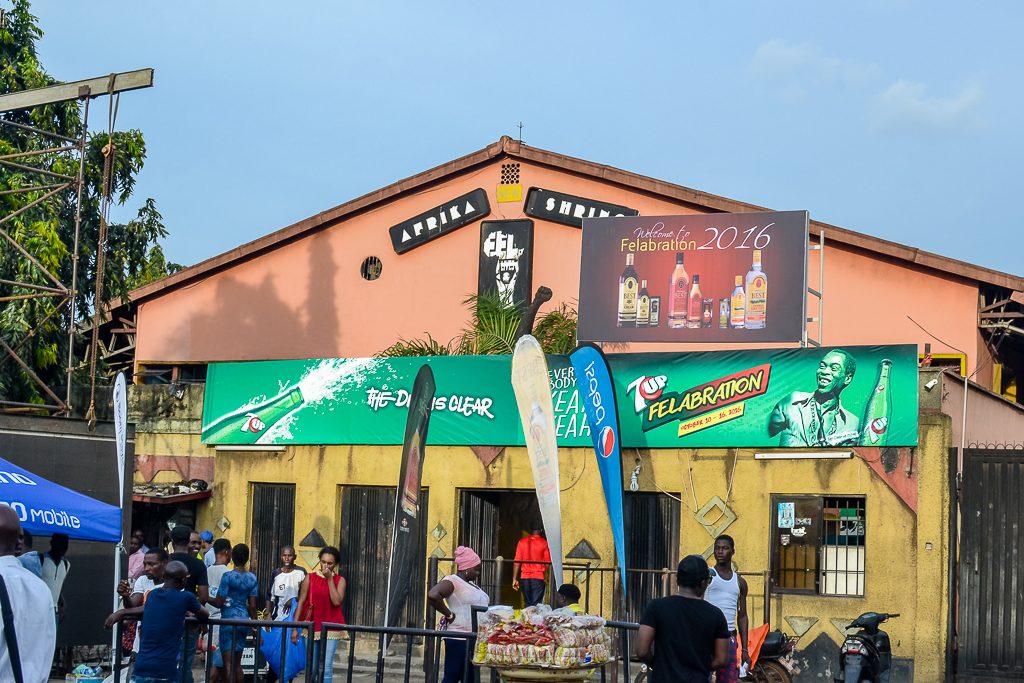
What to Bring:
- The suggestion to bring a friend and a good camera implies that the New Africa Shrine is a social and visually appealing place where shared experiences and memories can be captured.
Writer’s Review:
- The writer recommends the New Africa Shrine as a place to relax and enjoy good music, emphasizing its cultural and musical significance.
Most Common Visitors:
- The shrine attracts a diverse crowd, including fun lovers, musicians, art enthusiasts, and tourists. This reflects its appeal to individuals interested in cultural experiences, live music, and the legacy of Fela Anikulapo Kuti.
Related Reading Meet Rema and Olamide: Nigeria’s Top Artists
